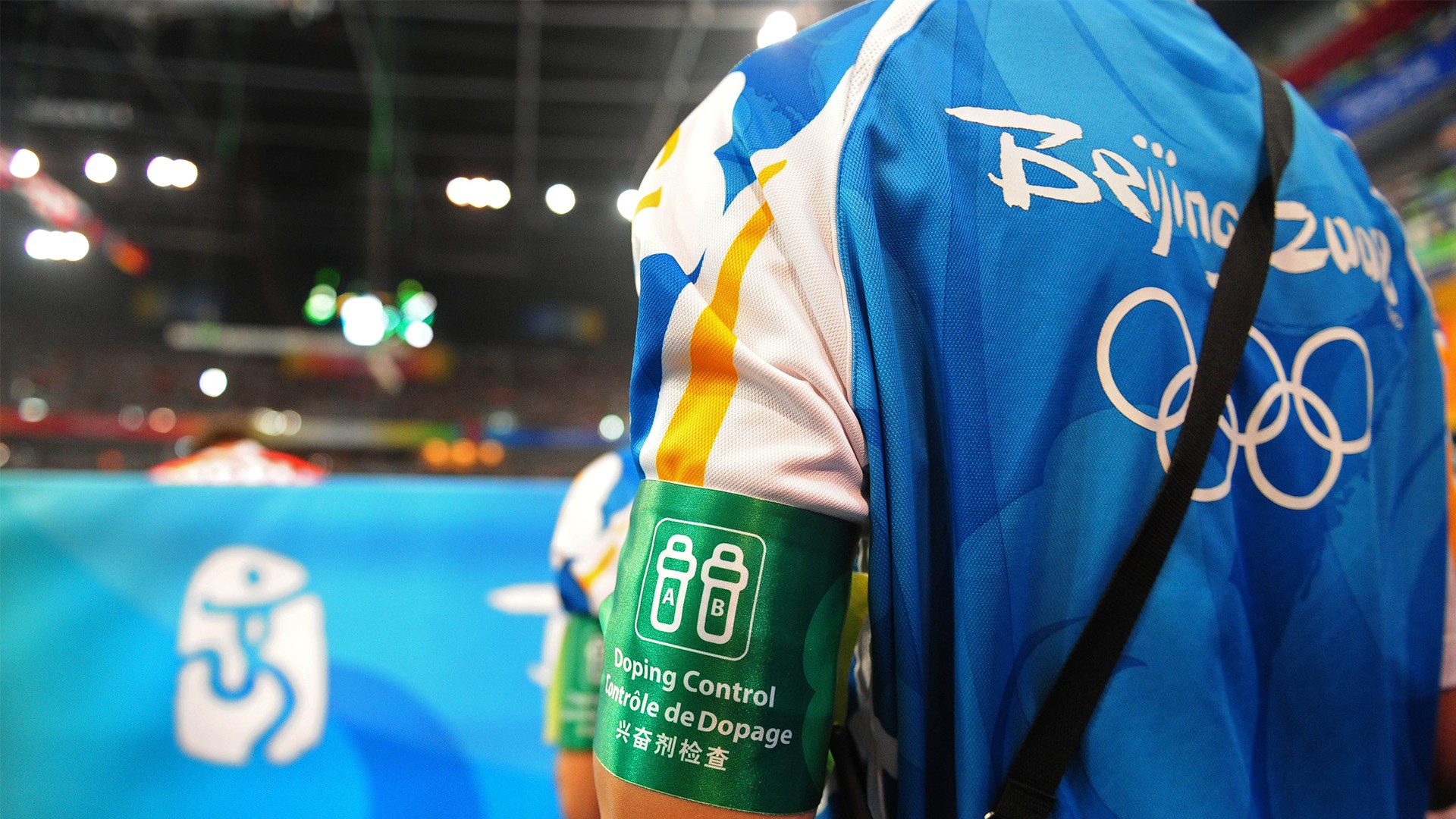The petition echoes the concerns of 17 different National Anti-Doping Organizations, including United States Anti-Doping Agency (USADA), which call for sweeping anti-doping reforms. But the athletes aren't satisfied by merely putting out a strongly-worded letter. Jeff Porter, recently elected chair of the USA Track & Field (USATF) Athletes' Advisory Council, told ESPN that, thanks in part to the Russian doping scandal, many athletes are galvanized enough to consider boycotting events if meaningful reforms aren't made.VICE Sports recently spoke with Nelson, Porter, and three other veteran USATF athletes to get their thoughts on the state of anti-doping, what's wrong with the current system, and what can be done to fix it.Read More: The Drugs Won: The Case for Ending the Sports War on Doping

The Athletes
Nick Symmonds celebrates winning the 800m at the 2015 USA Championships. © Kirby Lee-USA TODAY Sports
On drug testing, and whether it works

On athlete input into anti-doping rules
Kara Goucher helps teammate Shalane Flanagan off the 2012 London Olympics marathon course. © Andrew Weber-USA TODAY Sports
On global anti-doping, and inconsistent standards
John Nunn thinks anti-doping can't be fixed until WADA is completely independent. © Kirby Lee-USA TODAY Sports
On the price of doping
Basically, he asked me to be patient. Well, that's the first response I've gotten at all, like from anyone involved in any sort of organization. So I was like, alright, that was like a really, tiny, small victory. I feel like we just … we're kind of always waiting. We don't know what's going on. It feels like behind these curtains, and it makes us lose faith in it.
IAAF President Sebastian Coe has given mixed messages on athlete involvement in anti-doping. © Kirby Lee-USA TODAY Sports
Is the antidoping system broken?
Jeff Porter believes athletes need to start considering collective action to force change. © Geoff Burke-USA TODAY Sports
